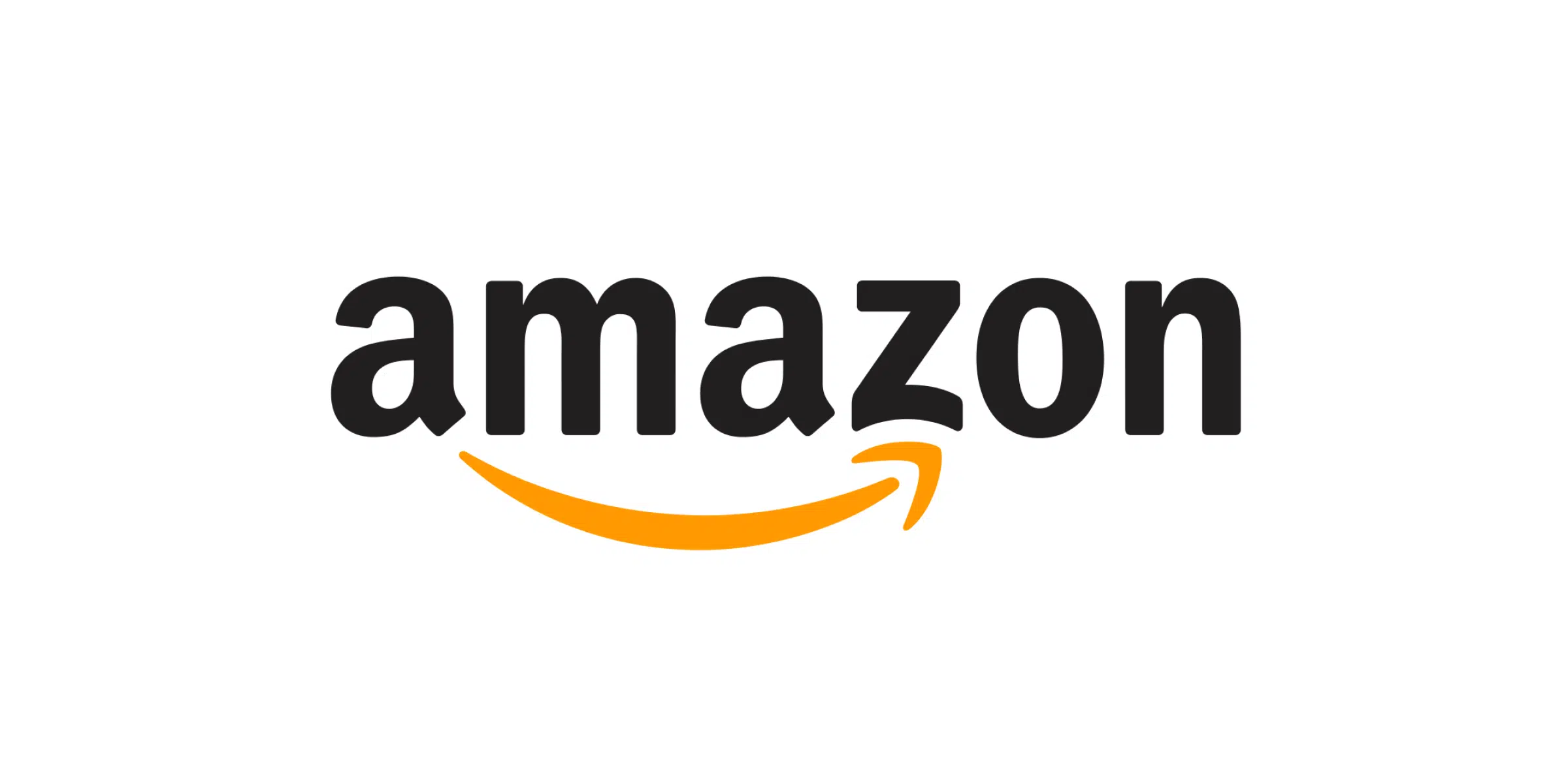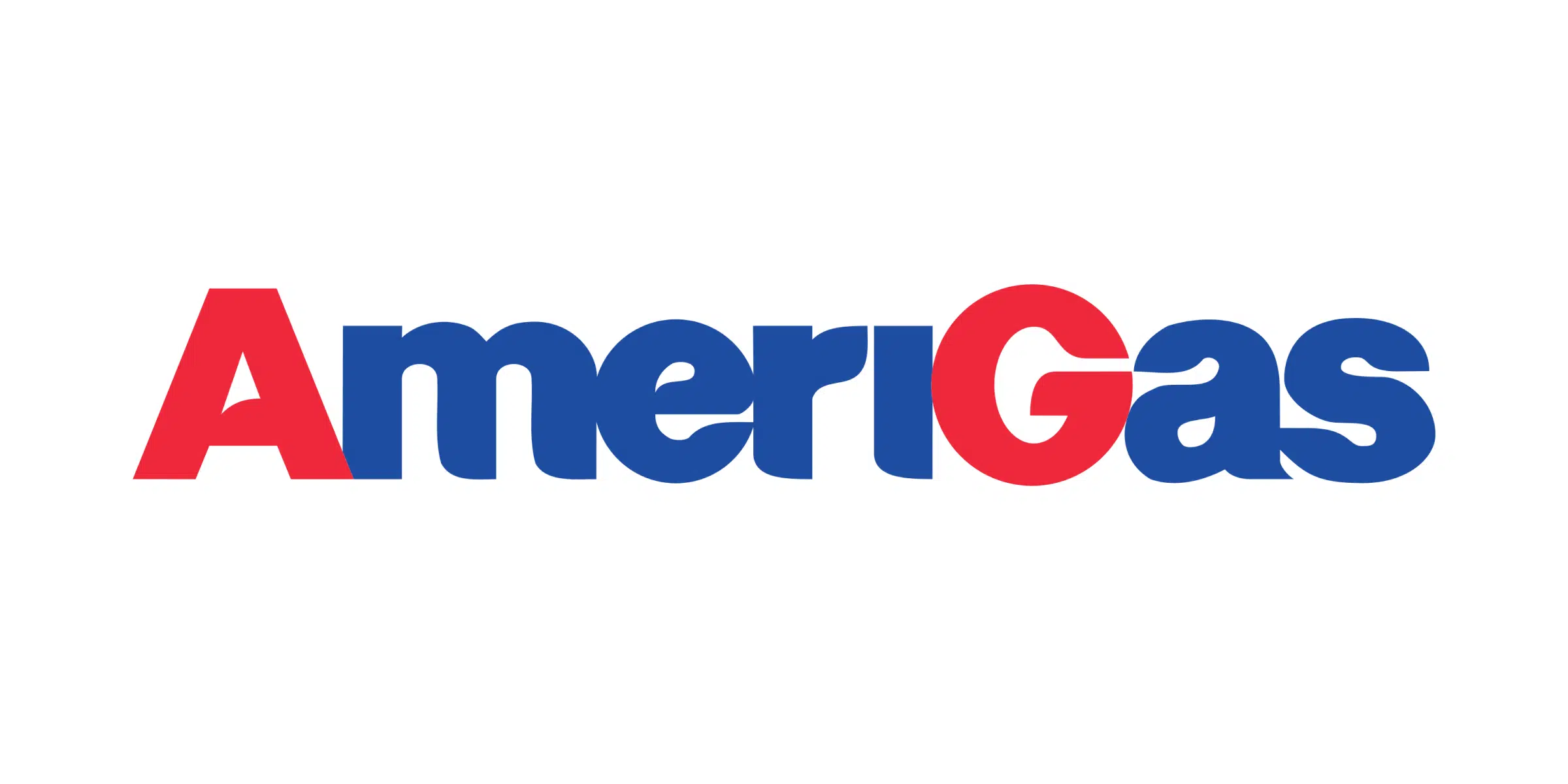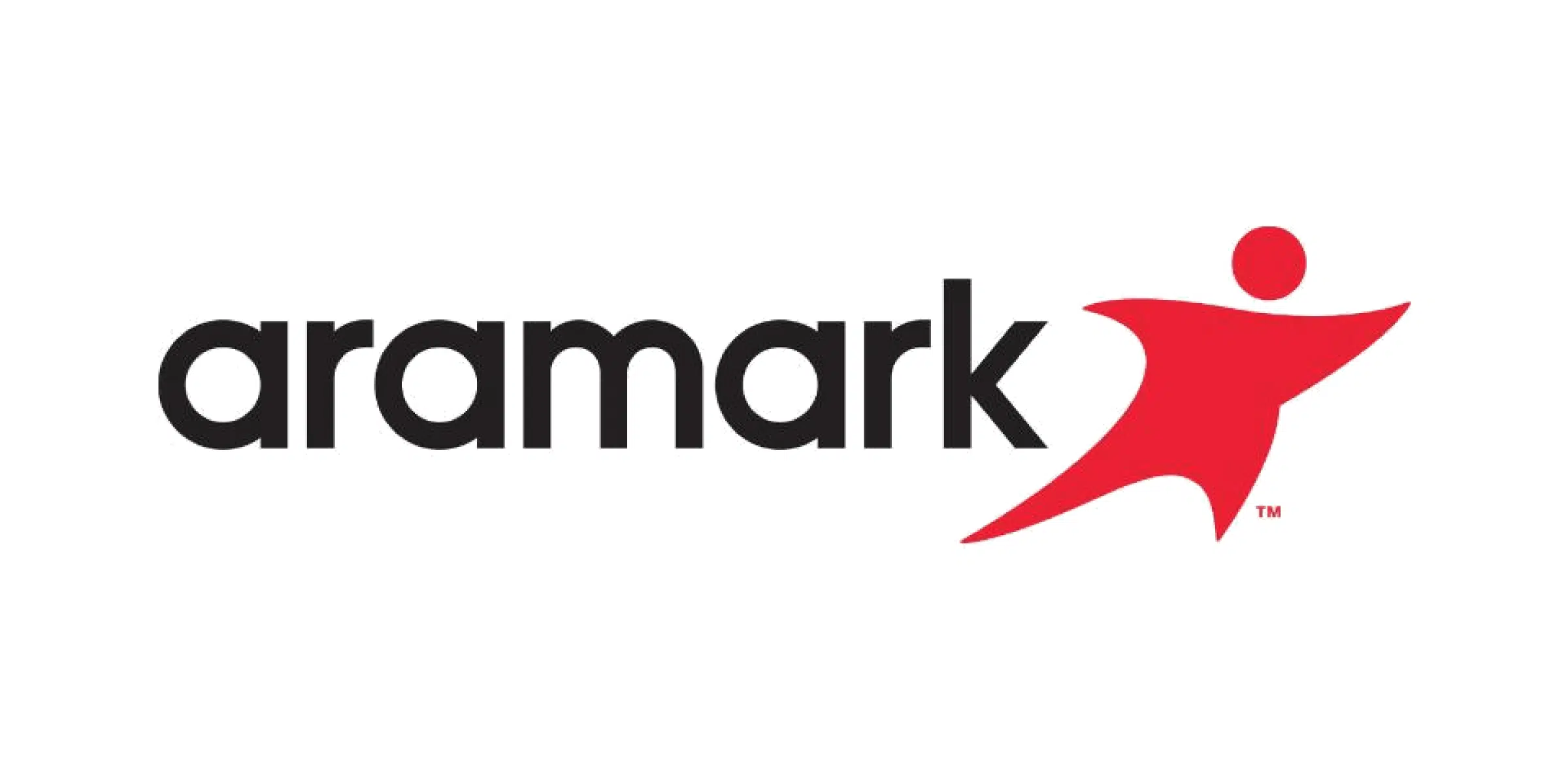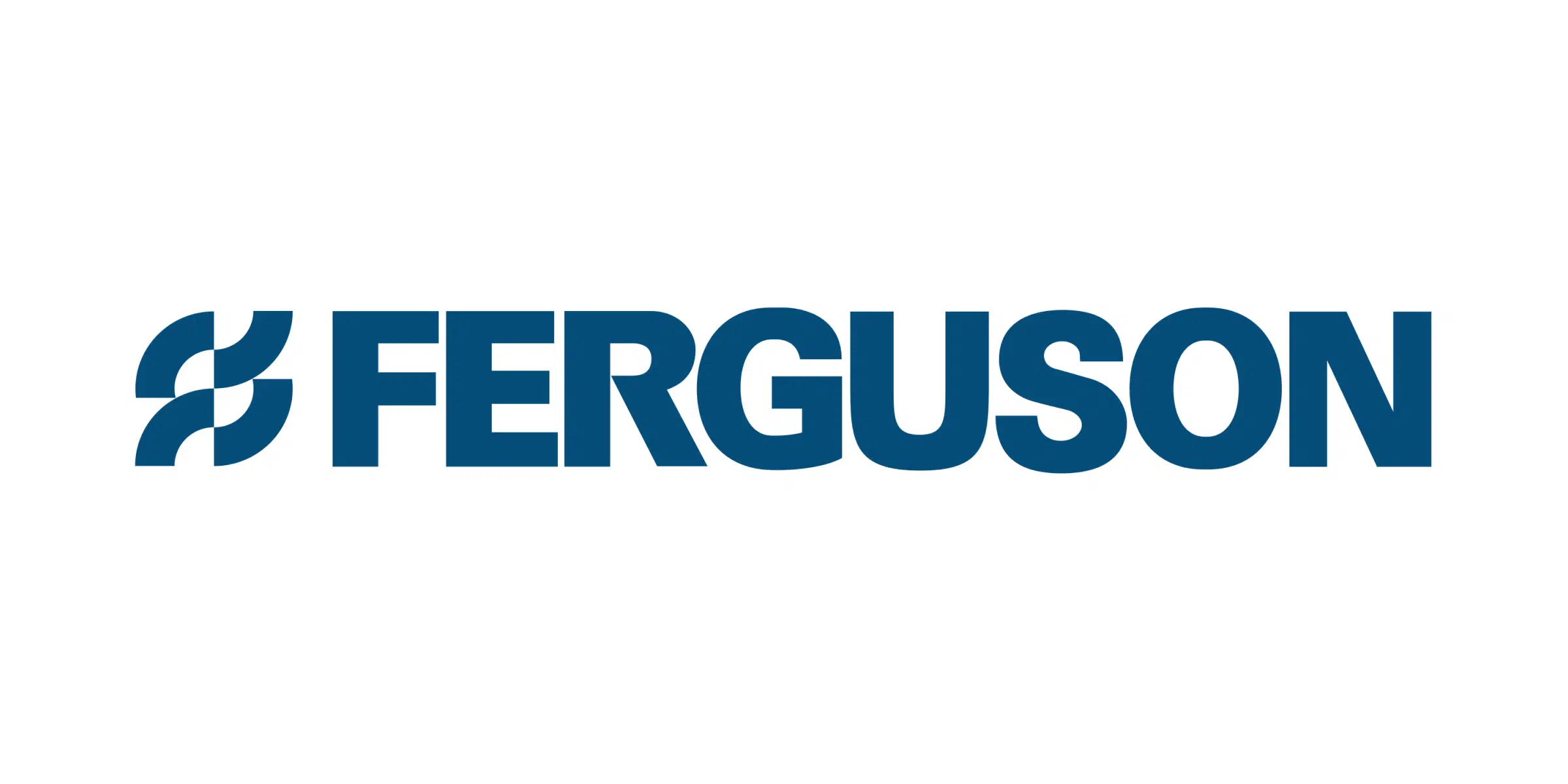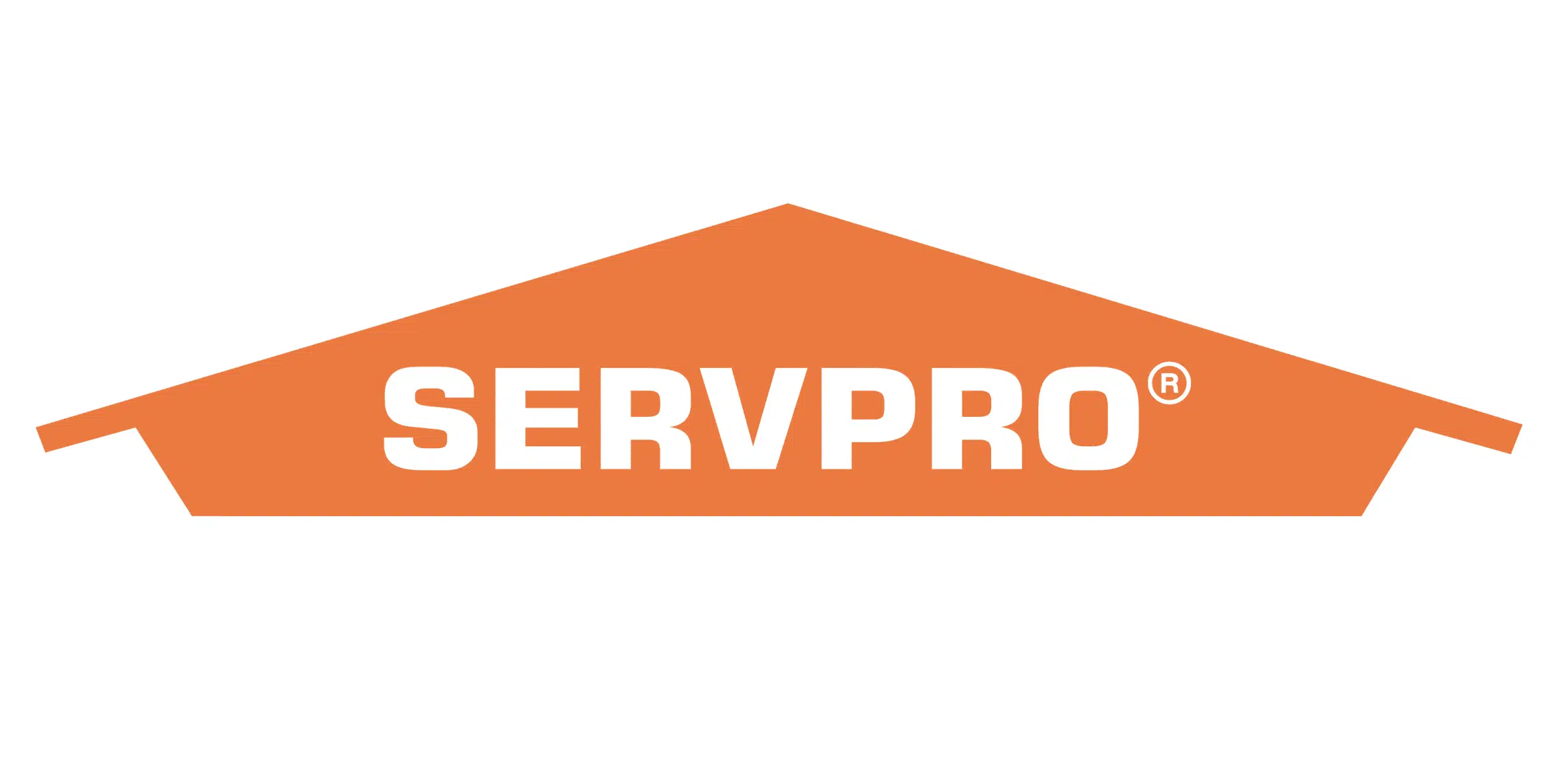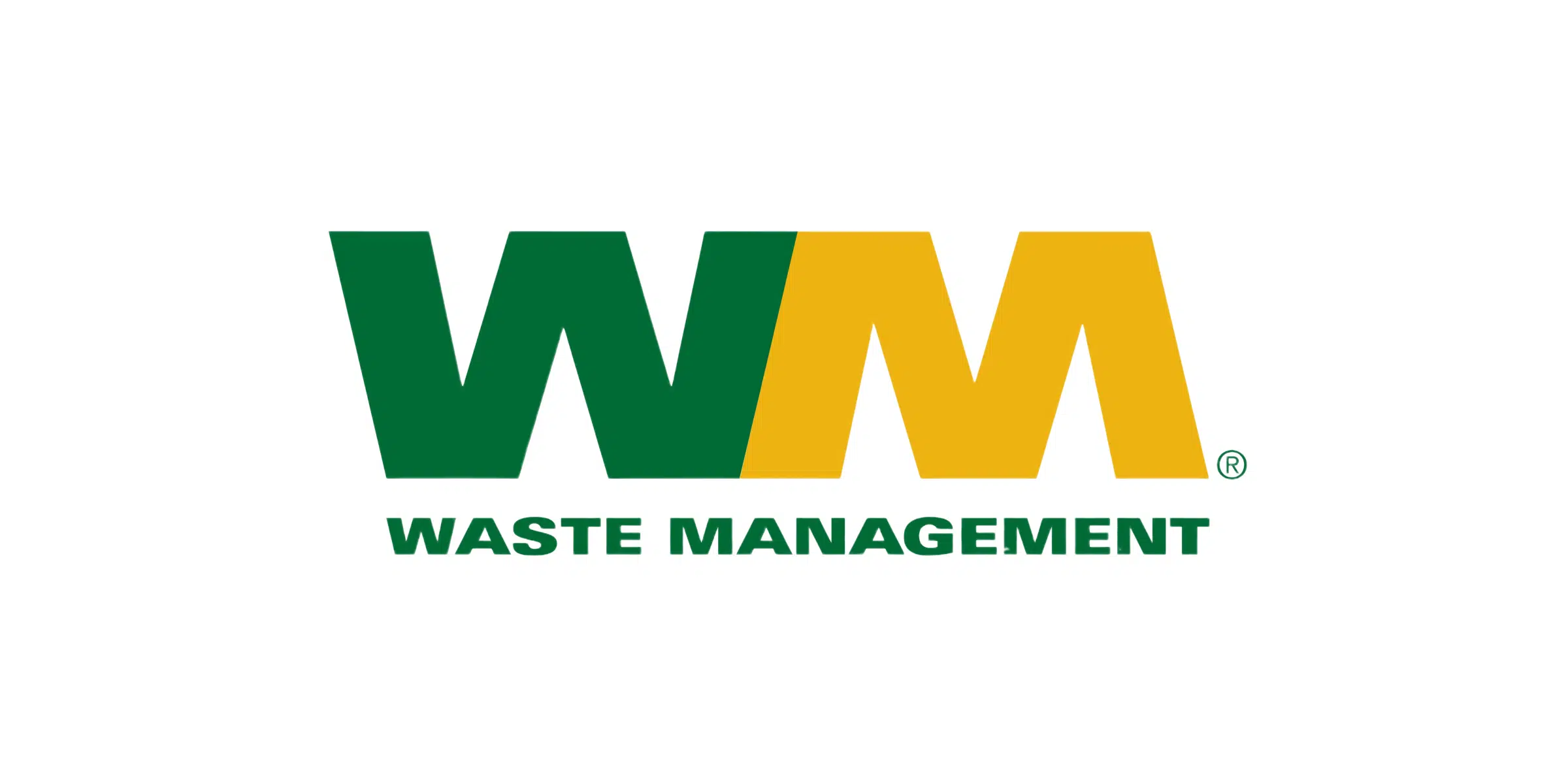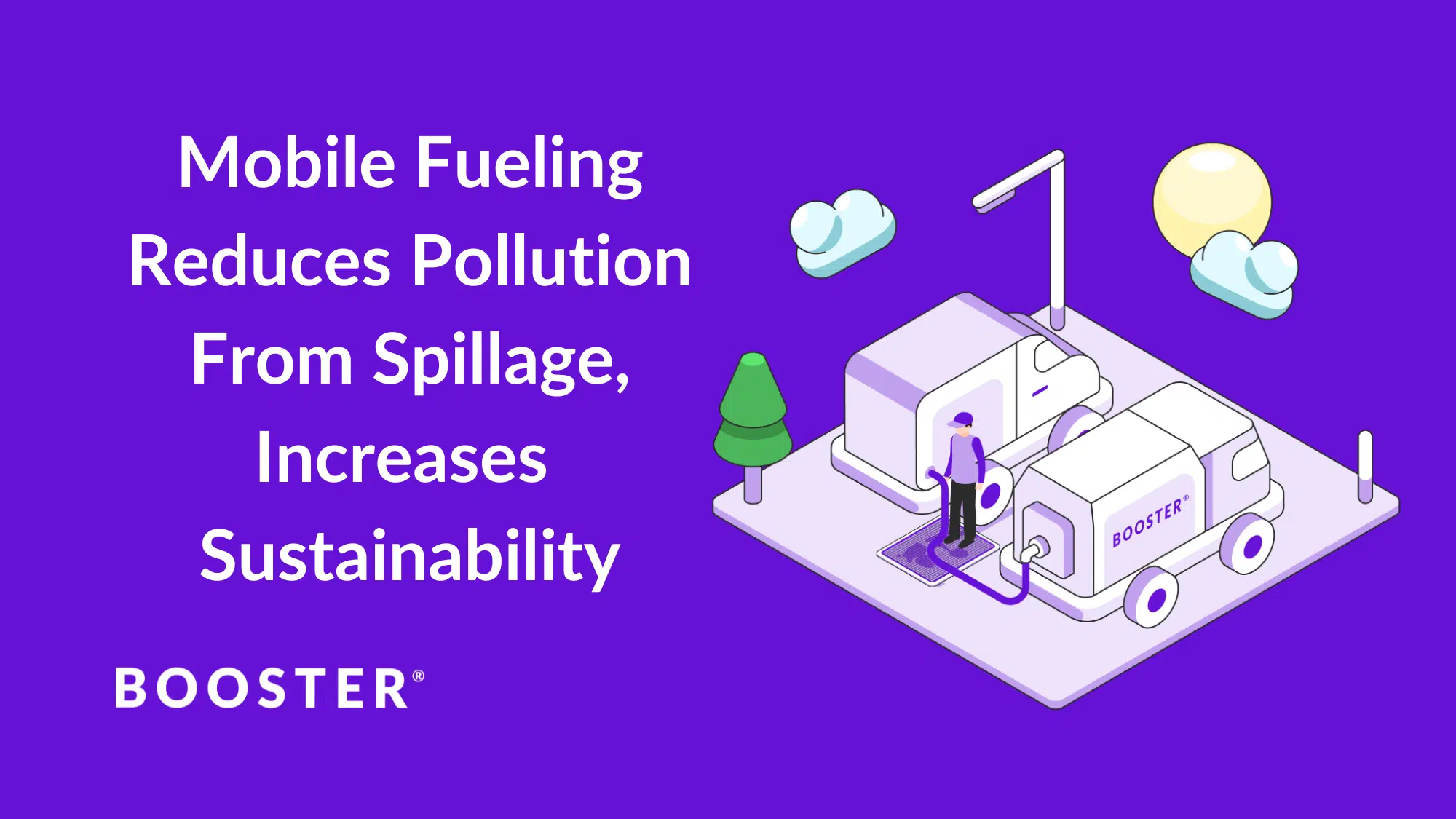
Between rising fuel costs and the hustle and bustle of the average gas station, people tend not to think about the pollution created when they stop to fill up their vehicle. While it may not seem like much on a case-by-case basis, spillage at the pump is a significant contributor to gas station pollution.
According to the Environmental Law Institute, a typical gas station dispensing one million gallons per year would see annual spillage of 70 to 100 gallons. For a large-volume gas station like Costco, which can sell around 20 million gallons of gasoline per year, spillage could reach 2,000 gallons annually.
When spillage occurs at gas stations, the gasoline eventually penetrates the concrete or is washed into surrounding green areas, polluting the environment. A portion of spilled gasoline is also known to evaporate, adding to air pollution. The pollution from gas stations is known to leach into soil, contaminate nearby waterways and affect air quality, harming surrounding communities and wildlife.
In addition to the environmental impact of this pollution, gasoline contains a host of chemicals that are toxic to humans, including the highly carcinogenic benzene. Other toxins in gasoline include toluene, ethylbenzene, and xylene, which also carry significant health risks including effects to the nervous system, cognitive impairment, eye and throat irritation, dizziness, hearing and kidney damage, impaired memory and more.
As the rise of ESG and sustainability initiatives drives a desire to protect and foster environmental and community health, we must evaluate and mitigate the significant harms of gas station pollution, including those from spillage. Mobile fueling can help.
According to a study by Columbia University’s Mailman School of Public Health, mobile fueling results in less spillage compared to traditional fueling. The study compared instances and amounts of gasoline spillage at traditional gas stations — data pulled from a California Air Resources Board (CARB) study — with gasoline spillage during mobile fueling services conducted by Booster®. The study found that in 30 mobile fueling events, zero ground spills were observed. In the CARB study, 16.6% of fueling events had measurable spillage.
Dr. Markus Hilpert, author of the study, attributed this difference to Booster’s “commendable” refueling procedures. Booster’s multi-step fueling process — known as the Perfect Boost — is unique, taking safety and environmental stewardship into account. As part of the PerfectBoost, trained service professionals use absorbent pads both on the ground and to cover the nozzle while fueling to catch any potential spills. He even writes that this same technique could be applied to traditional fueling infrastructure to cut down on pollution, but that Booster’s dedicated, trained service professionals likely provide the other critical component to success in spillage mitigation.
As the transportation sector continues its journey to become more sustainable, it is imperative we work to stymie the pollution and related health effects related to traditional fueling infrastructure. For fleet managers looking to minimize their environmental impact and increase their fleet sustainability, Booster offers a flexible, healthier alternative, eliminating the need for the gas station altogether.
